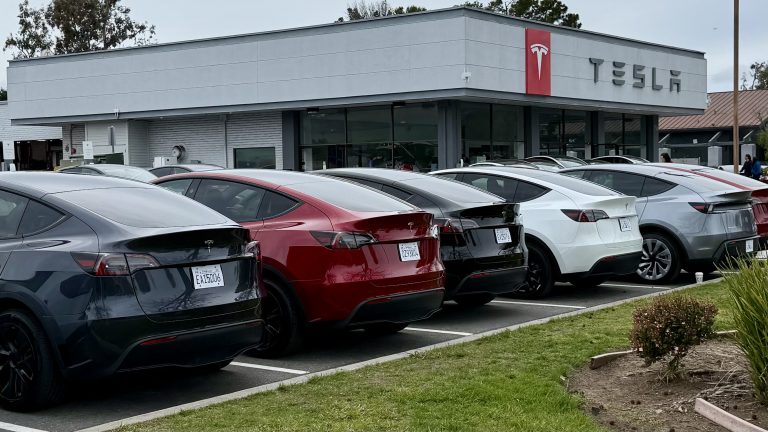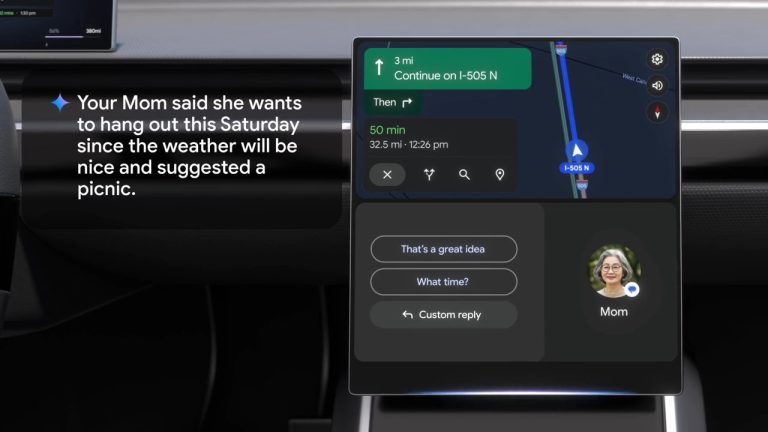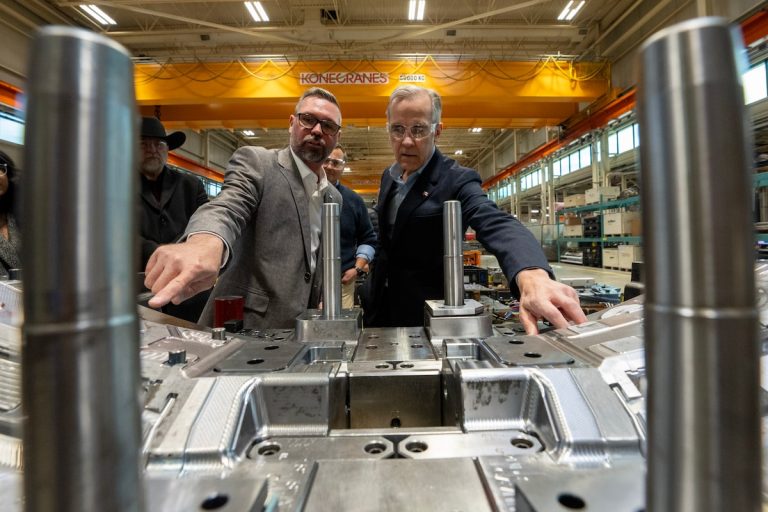In today’s world, where rising fuel prices and environmental concerns are becoming increasingly prominent, fuel efficiency has emerged as a crucial factor when considering a new car purchase. Fuel-efficient vehicles not only save you money at the pump but also contribute to a healthier planet. Here’s a guide to help you identify the most fuel-efficient cars on the market.

Understanding Fuel Efficiency
Fuel efficiency is measured in miles per gallon (MPG) in the United States. A higher MPG rating indicates that the car can travel a greater distance on a gallon of fuel. Factors such as engine size, transmission type, weight, aerodynamics, and driving habits all influence a car’s fuel efficiency.
Hybrid and Electric Vehicles
Hybrid and electric vehicles are often the most fuel-efficient options available. Hybrids combine a gasoline engine with an electric motor, while electric vehicles rely solely on battery power. These technologies offer significant fuel savings and reduced emissions.
- Hybrids: Look for hybrid models with advanced features like regenerative braking, which captures energy during braking and stores it in the battery.
- Electric Vehicles: Consider factors such as battery range, charging infrastructure, and the availability of government incentives.
Small and Mid-Size Cars
Smaller cars, such as compact and subcompact models, generally have better fuel efficiency than larger vehicles due to their lighter weight and smaller engines. Mid-size cars can also be fuel-efficient, especially when equipped with advanced technologies like turbocharging or direct injection.
Diesel Engines
Diesel engines are known for their fuel efficiency and torque, making them a popular choice for many drivers. However, diesel emissions standards have become more stringent in recent years, and some regions may have restrictions on diesel vehicles.
Driving Habits and Maintenance
Even the most fuel-efficient car can be inefficient if not driven properly. Here are some tips to maximize fuel economy:
- Avoid Aggressive Driving: Excessive acceleration, braking, and idling can significantly increase fuel consumption.
- Maintain Your Vehicle: Regular maintenance, including tire pressure checks, oil changes, and tune-ups, can improve fuel efficiency.
- Combine Trips: Plan your errands to minimize the number of trips you take.
- Use Cruise Control: Cruise control can help maintain a steady speed and reduce fuel consumption on highways.
Government Incentives
Many governments offer incentives for purchasing fuel-efficient vehicles, such as tax credits or rebates. Research the available incentives in your area to see if you qualify.
By considering these factors and doing your research, you can find a fuel-efficient car that meets your needs and helps you save money while reducing your environmental impact. Remember to prioritize fuel efficiency when making your purchase decision and adopt fuel-saving driving habits to maximize your savings.
read more : Negotiating a Better Car Price: A Step-by-Step Guide




